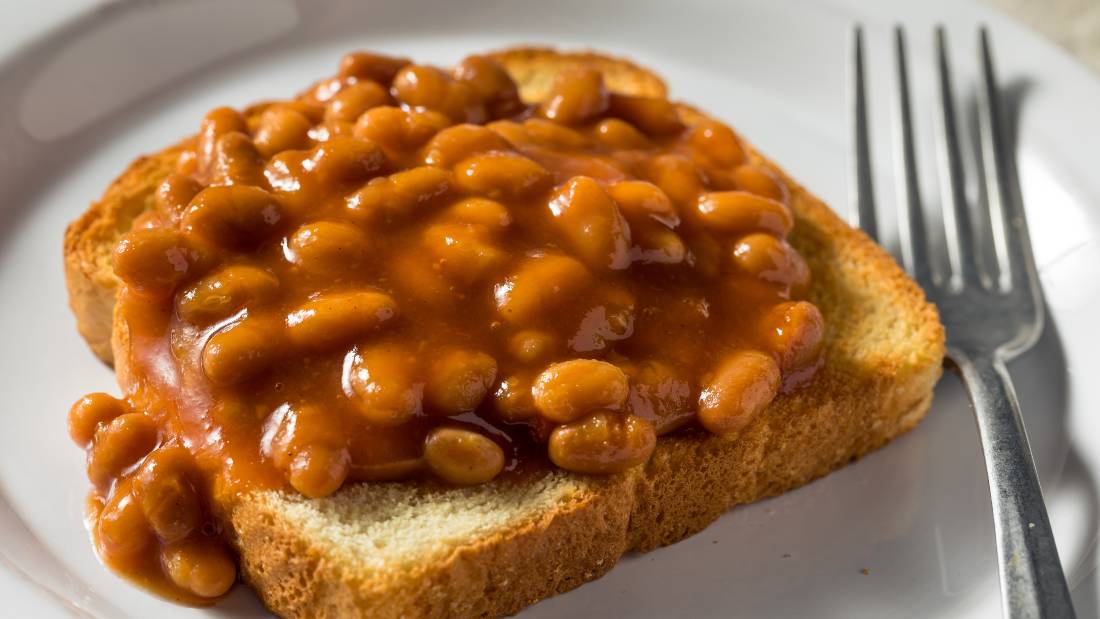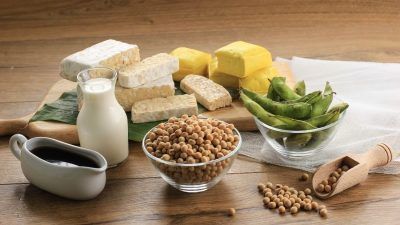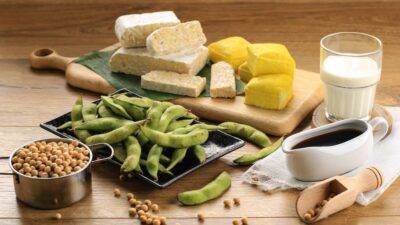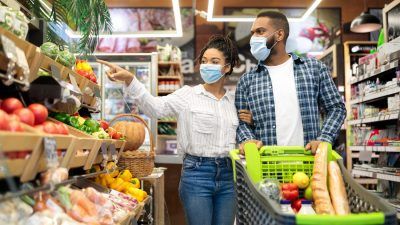12 things you need to know about beans

If the term ‘superfood’ should be applied to any food, it should be the humble but heroic bean. Not only are they extremely good for us, but they are also great for the planet. And what’s more, they are one of the cheapest foods on the supermarket shelves! Here are 12 things you need to know about beans:
1. There are around 40,000 different varieties of beans
Beans can be found on the plates of almost every culture around the globe. From edamame to chickpeas, to black beans to green peas, there is a bean for every occasion. They can be enjoyed on toast for breakfast, in a wrap for lunch, in a chilli for dinner, and even for dessert in delicious Southeast Asian dishes like cendol!
2. Beans are great sources of complex carbohydrates and protein
Fresh peas and green beans are starchy vegetables, meaning they are relatively high in complex (healthy) carbohydrates, while kidney beans, black beans and chickpeas are also packed full of protein. The combination of complex carbohydrates and protein makes beans a great source for fuelling busy bodies and also helps stabilise blood sugar, which is great for preventing and managing type 2 diabetes.
3. Beans are a cheap substitute for animal protein
Tinned beans are one of the cheapest foods out there and their protein content makes them a great, healthy substitute for animal protein. While it can be argued that gourmet plant-based products can make veganism seem expensive, basing your meals around beans isn’t going to break the bank and in times of economic hardship, beans are a great way to make your pennies go further.
4. Beans are petite powerhouses of nutrition
Beans offer an excellent nutrition package. They are a great source of protein, complex (healthy) carbohydrates, several B vitamins, vitamin K, calcium, potassium, iron and zinc. They contain natural phenolic compounds and carotenoids that are responsible for their colour but are also powerful antioxidants and have anti-inflammatory properties. These pigments and their health-protective properties have been linked to a lower risk of cardiovascular disease, type 2 diabetes and even cancer.
5. Beans do low-fat the right way
Beans are a low-fat food so are great at helping maintain a healthy weight. Unlike many ultra-processed low-fat foods, like yoghurts and snack bars, which often end up being high in sugar, beans are the real deal. Their high fibre content also means they are filling too so they’ll stave off hunger for longer.
6. Beans are great for our guts
Although beans have a reputation for causing flatulence, they are actually great for our guts. This is because they contain insoluble fibre which feeds our gut bacteria; Because beans do contain so much fibre, it is best not to pile too many on your plate until you are used to eating them to avoid that bloated feeling. The more often you eat beans, the less likely you are to be bloated because your gut bacteria adapt and help to digest them better.
7. All beans contain a mix of all essential amino acids
Essential amino acids are the building blocks of protein, but our body can’t make them so it is ‘essential’ we get them from our food. Luckily, all beans contain all nine essential amino acids in varying ratios. Soya beans have the best ratio of amino acids, comparable to the amino acid content of animal products but if you are eating a varied diet, beans will supply a good mix of amino acids.
8. Soya beans are much better for you than you think!
It could be argued that no food has been as badly misrepresented as soya! Just like all beans, soya is a nutritious superfood. It has all of the benefits already mentioned and more! The phytoestrogens in soya are good for our bones, may reduce the risk and recurrence of breast cancer and reduce menopausal symptoms. Because soya is high in ‘good’ polyunsaturated fats (including omega-3 and -6) it has been shown to lower cholesterol and therefore reduce the risk of heart disease and heart attacks.
9. Farming beans helps nitrogen fixing and reduces the need for artificial fertilisers
Beans are not only good for us, they’re good for the planet too. Bacteria that live on the roots of bean plants (legumes) can take the nitrogen in the air and convert it into nitrites and nitrates, which the plant can then absorb as nutrients – a process known as nitrogen-fixing. This makes the soil more fertile naturally, therefore reducing the need for synthetic fertilisers which can lead to pollution.
10. Beans can grow in a variety of climates
It’s reassuring to know that beans are extremely hardy and can grow in a variety of climates. This makes them a reliable food source for humans whatever the weather. This means beans will be a very valuable food source as the climate crisis leads to more unpredictable and extreme weather.
11. Beans need less water than animal products
As our current climate crisis worsens, we are seeing an increased frequency of droughts and desertification across the globe. Animal agriculture is very water-intensive and can be directly linked to desertification, with overgrazing and deforestation being two of the main causes. As water becomes more scarce, we will need to look for ways to conserve as much as possible. Fortunately, beans need a lot less water than animal products.
12. Beans need less land than animal products
We are fast running out of space to grow enough food, with over three-quarters of the world’s agricultural land already in use for livestock farming – for grazing and growing animal feed. Over a third of the world’s cereal crop is fed to animals so that people can eat meat, fish and dairy. It’s not soya production for humans that is causing rainforest deforestation; it’s the soya grown to feed farmed animals doing the harm. However, if beans became one of our main sources of protein, instead of animals, we would need a lot less land and could return what we don’t need back to nature, which would help reduce climate change.
Beans can’t solve all of humanity’s problems, but they can go a long way to help! There’s only really one thing to remember when it comes to beans and that’s to make sure they’re only ever consumed well-cooked as when raw or undercooked, some beans can cause serious health problems and food poisoning. It’s all because they contain natural compounds called lectins which are toxic but fortunately, cooking destroys those! If you’re buying tinned beans, you have nothing to worry about as they’re already cooked.







